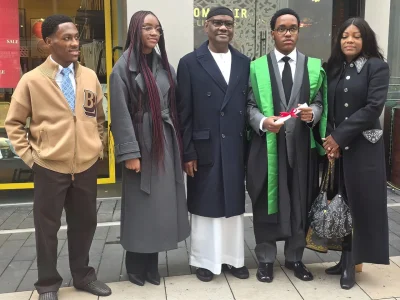
Human rights lawyer Femi Falana criticized FCT Minister Nyesom Wike’s decision to provide housing for judges, calling it a potential conflict of interest given Wike’s active court cases. Falana insists that judge housing should be managed by the National Judicial Council, underscoring the importance of judicial independence and transparency in governance.
Human rights lawyer Femi Falana has voiced concerns over FCT Minister Nyesom Wike’s decision to construct 40 houses for judges, criticizing the move as potentially compromising judicial independence. Wike recently announced the housing project, promising homes for judges in the FCT High Court, federal high court, and Court of Appeal.
Falana contends that such gestures could undermine impartiality, especially since Wike has ongoing cases in these courts. He argued that housing provisions for judges should be managed by the National Judicial Council (NJC) and funded through legislative processes, not as discretionary gifts from the executive branch. According to Falana, the judiciary’s autonomy is embedded in the constitution, and therefore, any executive assistance should be processed through the National Assembly.
He emphasized that this would ensure transparent support for the judiciary without blurring boundaries. He further warned that the FCT minister, like a state governor, should restrict spending to FCT-specific needs rather than offering direct benefits to judges in courts where he has pending cases.




